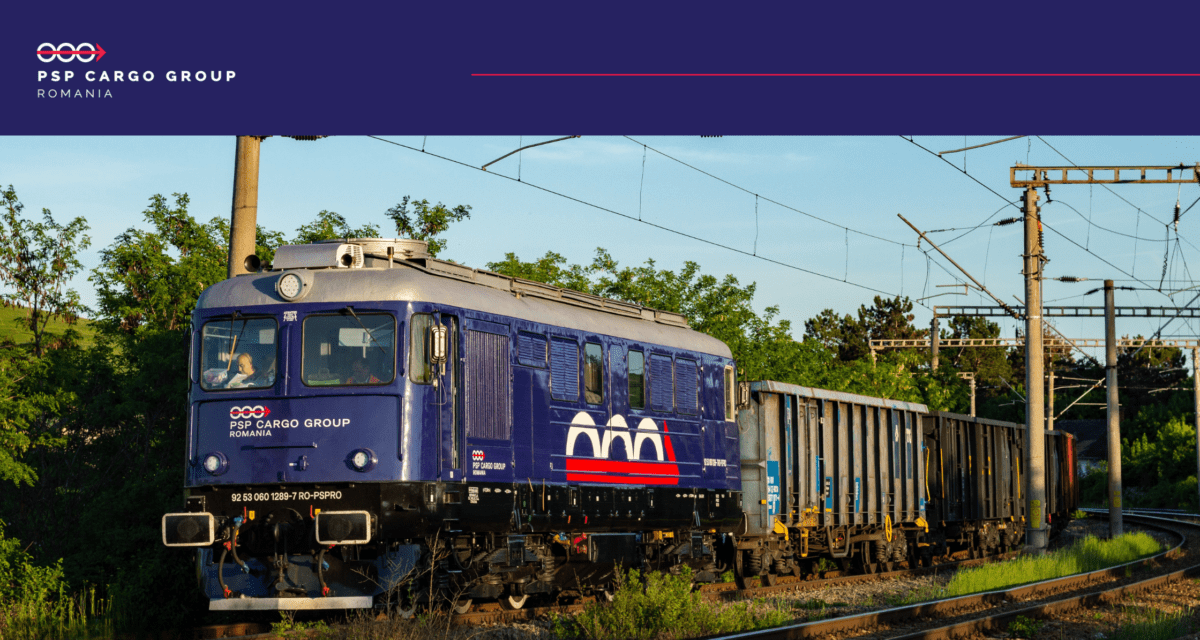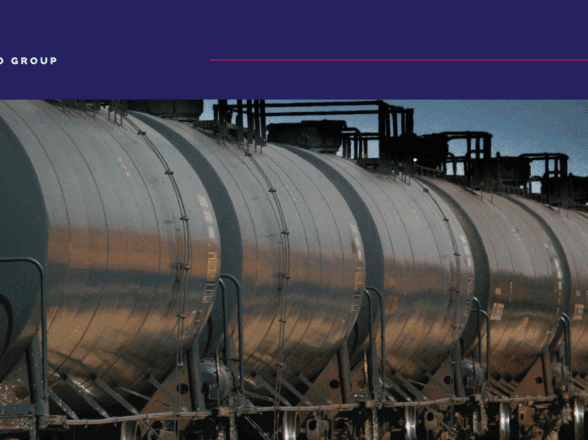PSP Cargo Group Romania news
Blog
Cut Transit Times by Up to 2 Days: A Strategic Advantage for PSP Cargo Group Partners in Central & Eastern Europe

Why transit time is a strategic KPI in rail freight
In international rail freight, every day in transit affects the bottom line. For logistics and supply chain managers, transit time impacts:
– On-time contractual performance
– Inventory turnover speed
– Cash flow and capital costs
The EU Green Deal targets a 30% increase in rail freight volumes by 2030. At the same time, the cost of delays is measured in lost sales opportunities and contractual penalties.
The CEE bottleneck
On the Romania–Hungary corridor, border dwell times, locomotive changes, and technical procedures can add hours or even days to the journey. ERA (European Union Agency for Railways) studies show that removing technical barriers and streamlining procedures can reduce cross-border delays by up to 25%.
For shippers, that means:
– Lower exposure to cascading delays across the supply chain
– More time with cargo moving, less time standing still
– Improved predictability for customer deliveries
PSP Cargo Group’s operational edge
PSP Cargo operates Siemens Vectron interoperable locomotives on Romania–Hungary transit routes. Direct benefit: no traction change at border crossings such as Curtici/Lőkösháza, Episcopia Bihorului/Biharkeresztes, Valea lui Mihai/Nyírábrány.
Measured results:
– Up to 2 days faster transit
– Quicker west–east deliveries
– Reduced costs from idle time and shunting operations
Impact on performance indicators
| KPI | Standard Scenario | PSP Cargo Interoperable |
| Avg. RO–HU Transit Time | 5–7 days | 3–5 days |
| Border Dwell Time | 6–8 hours | 1–2 hours |
| Extra Handling Operations | 2–3 per journey | 0 |
Efficiency + sustainability
Fewer stops and manoeuvres mean:
– Lower energy consumption
– Reduced CO₂ emissions
– Alignment with ESG (Environmental, Social, and Governance) objectives and green logistics targets
Electric rail freight remains the most efficient mode for long-distance transport, with emissions of 7 g CO₂/tkm compared to 155 g for road haulage.
If your priorities include predictable deliveries, cost optimisation, and reduced operational risk, PSP Cargo Group’s interoperable operations on the Romania–Hungary corridor deliver a tangible competitive edge: days saved. Supply chains secured. Deliveries you can count on.
Related posts
Archive
Search
Calendar
| M | T | W | T | F | S | S |
|---|---|---|---|---|---|---|
| 1 | 2 | 3 | 4 | 5 | ||
| 6 | 7 | 8 | 9 | 10 | 11 | 12 |
| 13 | 14 | 15 | 16 | 17 | 18 | 19 |
| 20 | 21 | 22 | 23 | 24 | 25 | 26 |
| 27 | 28 | 29 | 30 | 31 | ||




Recent Comments